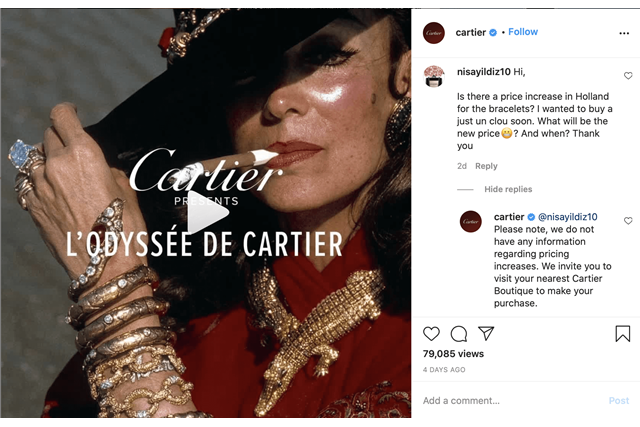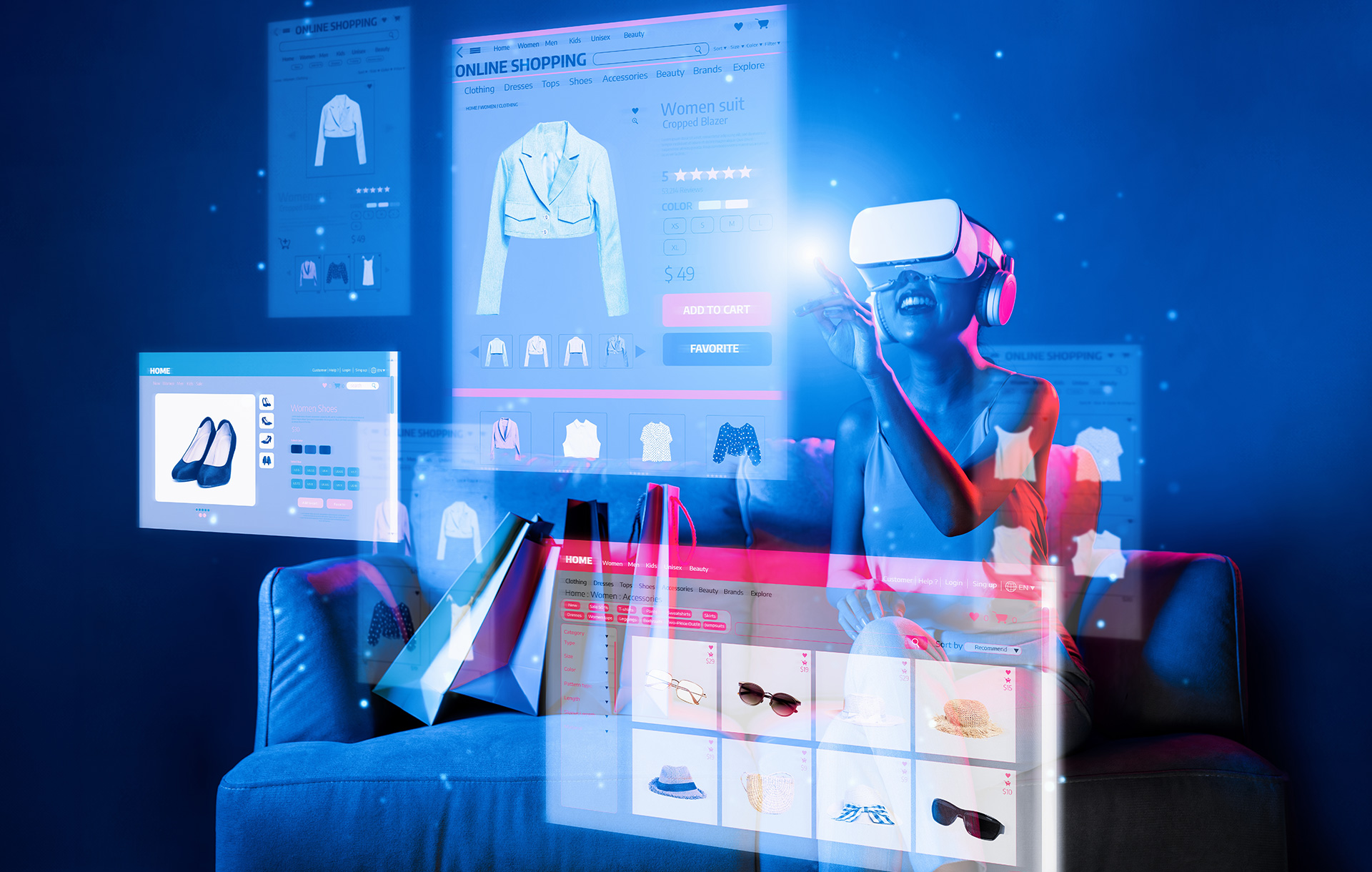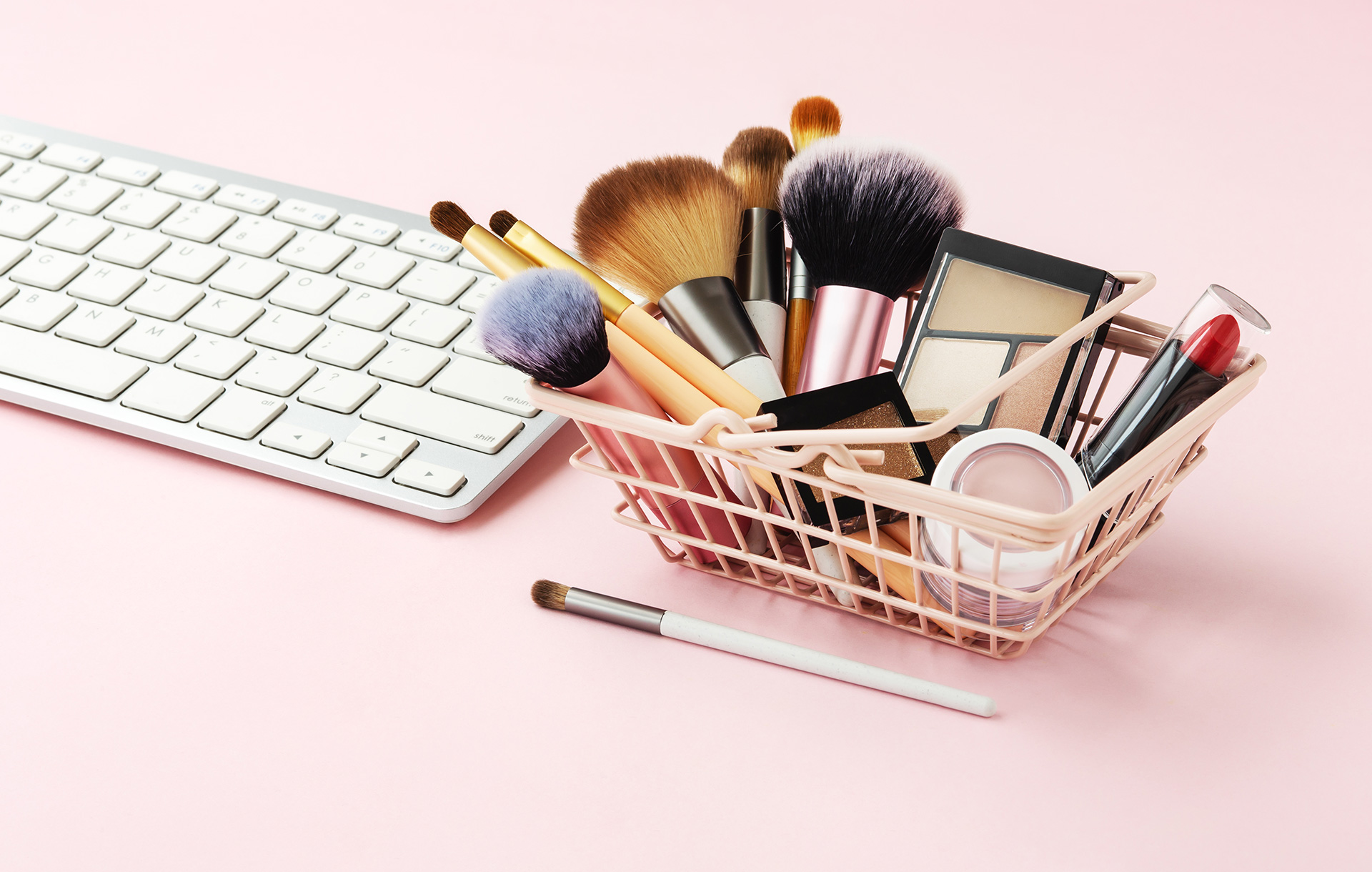How Jewellery Brands Should Rethink Their Digital Strategy in the Covid-19 Era
With Italian luxury fashion brand Valentino recently requesting a court appeal to end it’s lease on their NYC Boutique on 5th Ave, it’s easy to imagine how the other high-end retail companies are faring amidst COVID-19.
Consumer behaviour shifting away from materialistic purchases; the coronavirus impact on jewellery sales in particular has immensely decreased in sales with customers unable to find reasoning behind buying retail goods during quarantine. As a result, the luxury jewellery industry has seen a 12.9% decrease year over year in revenue.
Now considering your own accessory brand, your company needs to consider how other jewellery brands are reacting to COVID-19 and evolve with the times. In a world that’s more digital than ever, this article will discuss digital marketing for jewellery and what it might look like moving forward.
Coronavirus Impact On Jewellery Sales
In one study, the sales of lab-grown diamonds dropped by 72% since the start of the pandemic but in the month of May, the middle of quarantine for most places, had seen growth in sales, indicating that as businesses learned new strategies of marketing their products, they were starting to find success.
One common strategy all jewellery makers and companies have taken to is the use of online stores. Businesses have been deciding to focus increasingly on digital elements, switching to this marketing plan for handmade jewellery alone has created great success even with the effects of the pandemic. From the majority of sales once being made in-store, the industry is now adopting new SEO and SEM techniques to rank higher on Google’s result page and possibly attract customers.
5 Marketing Plan Tips: How to Promote Jewellery Business
In reference to your own luxury jewellery business, utilizing digital marketing strategies for jewellery brands is crucial for success. The industry saw these strategies as essential for staying afloat during COVID-19. Below is a list of possible solutions to address your company’s decreased sales and ROI.
1. Video Content: Over 87% of marketers have reported using video content as a way to entice sales and advertise products to consumers. Importantly, this approach is also being recorded as one of the most successful strategies a brand could incorporate into their marketing plan.
The coronavirus impact on jewellery sales moving everything digital means using video content to display your products gives customers a personal experience despite shopping from home. Luxury jewellery brand Tiffany & Co. had used Youtube to promote their new spring line of products, reaching over 35,000 people just on that platform alone.
2. SEO-Friendly Content: Making sure all site content includes SEO keywords and phrases is a key factor in helping your website be noticed by consumers. Your brand’s content should be working towards optimising as many relevant search phrases as possible to ensure a higher ranking on Google. Keep in mind that 33% of organic clicks go to the first three search engine results, making SEO-friendly content a priority to your overall jewellery brand marketing plan.
3. Customize: In 2020, there has been a rapid increase in customisable jewellery pieces. Recent trends have shown that customers are looking for jewellery that is a part of their identity more than it being a flashy accessory to wear. Marketing and promoting this option to consumers is a great way to attract buyers and show that your brand is capable of working with them and their needs. Whether it’s a custom-made piece with a consumer’s name on it or allowing customers to pick out metal and diamond cuts, these are all important aspects to marketing your jewellery products. The company My Name Necklace specifically markets itself as a customisable jewellery site, and uses Instagram to further engage with customers.
4. Geotagging: A successful strategy in your marketing plan for handmade jewellery would be to geotag any visual you are using on your site. This could potentially help your small business gain more traffic, as your site will have a better chance of being found amongst your local community. On top of geotagging, make sure to label pieces of jewellery accordingly to help with search recognition when people are researching products.

5. Social Media: Social media marketing for jewellery is an excellent way to engage with potential customers, as well as, gain traffic. Luxury jewellery brand Cartier, on top of creating video content for their followers on its latest campaign, has been using their platform to answer customer questions for a personal, cared-for experience.
Overall, your business despite its size and success pre-COVID should be working to sculpt its online presence and tactics. Consumer behaviour may never be the same post-COVID, meaning that online shopping could still be the game changer for the luxury jewellery industry.
Brands Giving Back
Big-name luxury brands such as Graff, Bulgari, and Tiffany & Co. are among the many that have chosen to make donations in response to the current situation at hand. Graff specifically had chosen to donate $1 million to the WHO COVID-19 foundation, doing its part and giving back to communities in need of help during these times.
Thinking of your own luxury jewellery company, no matter the size, this is a great time to show consumers your business’s morals and values, and work on giving back to people in need. Overall, the way luxury brands respond to COVID-19 once everything settles and starts going back to normal will leave a lasting impression on consumers and how they view your company.
Subscribe To Us
Contributors
Categories
Subscribe To Us
Contributors
Categories

This website uses cookies so that we can provide you with the best user experience possible. Cookie information is stored in your browser and performs functions such as recognising you when you return to our website and helping our team to understand which sections of the website you find most interesting and useful. Third party cookies such as Google Analytics is also used on this site to provide analytics in order to better understand the user engagement on our site.
You can adjust all of your cookie settings by navigating the tabs on the left hand side.
Strictly Necessary Cookie should be enabled at all times so that we can save your preferences for cookie settings.
If you disable this cookie, we will not be able to save your preferences. This means that every time you visit this website you will need to enable or disable cookies again.







0.Comments